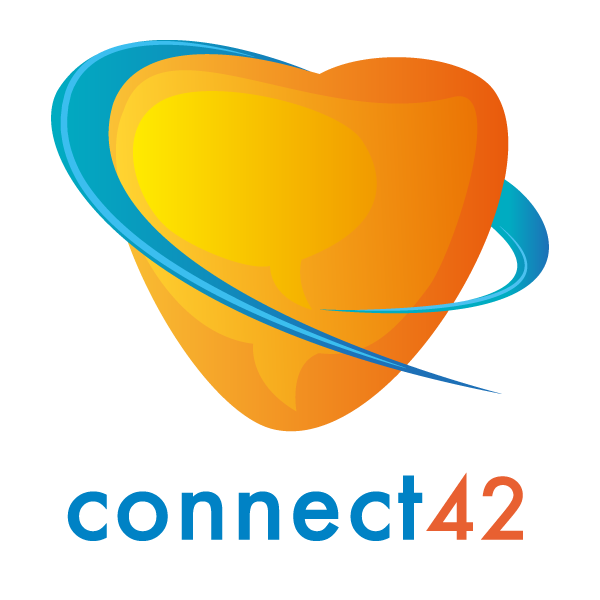Hearing the children that need it most
In our modern world, filled with video on demand, mobile phones and social media feeds, the ability to communicate easily and effectively is often taken for granted. Yet for many in our community – particularly those with Developmental Language Disorder (DLD) – understanding or using spoken language can be a daily battle, often endured in silence, and with feelings of frustration, confusion or shame. Much of the problem stems from a lack of knowledge about DLD in the community, including among those who provide care, supports and services to children and young people with this disorder.
As Commissioner for Children and Young People, one of the important principles which guides my work is that children have the right to express their views freely and to “have a say” about matters that affect their lives, and for their views to be taken seriously in accordance with their age and maturity. As adults, our role is to support children to exercise this ‘participatory’ right, which is fundamental to the exercise and enjoyment of other rights. Ensuring that children and young people with language difficulties are able to enjoy this fundamental right does not simply involve giving them an opportunity to express themselves and be heard; it also requires identifying and advocating for changes to systemic issues that will allow them to develop their full communication potential so that they can enjoy their right to have a say to their fullest potential.
We know that during early childhood, the brain develops more than in any other period of life. It is during this time that the foundations for one’s ability to learn, adapt, and ultimately succeed in life are laid down. For children with DLD, this is a critical time to receive early interventions, protection, and support; in the absence of these things, the difficulties they experience can become more severe, leading to long‐lasting marginalization and exclusion. While DLD is relatively common, children and young people with DLD don’t always receive the support they need. If we are to improve outcomes for children and young people with DLD, we must invest earlier and smarter, and cleverly measure our progress. We also need greater cross-sectoral collaborations – from the integration of research, education and health approaches, to whole-of-government strategies – if we are to make a difference in the lives of children and young people with DLD.
Further, we need to work towards a shift in societal attitudes towards children and young people with different learning abilities if their rights to express themselves and participate in decision-making processes are to be fully realised. There is often a reluctance to recognise that children and young people who struggle with language can nevertheless contribute effectively to decision making processes. This general reluctance to involve children and young people can be compounded by the attitudes of the people on whom they most heavily rely in their daily lives: care givers, teachers, healthcare providers, and even parents, who may underestimate the ability of these children and young people to contribute a valid opinion on decisions that directly affect their lives.
Raising awareness and changing attitudes towards children and young people with DLD and their right to participate in decision-making processes is essential. This requires better training of those supporting children with DLD, as well as improved public education on DLD to shift beliefs and attitudes. The availability of information – tailored for children and young people with DLD as well for the community and those who support them – is critical to improving access to quality supports and to increase participation in decision-making.
By increasing awareness and understanding of DLD and of the ways in which we can support children with DLD to have a say on issues of importance to them, we are taking important steps towards assisting them to fulfill their potential.
Leanne McLean
Commissioner for Children and Young People (Tas)
Leanne McLean is the Commissioner for Children and Young People in Tasmania. Here she writes for the Colleagues @ The Heart of Literacy initiative which in 2020 is focusing on DLD and professional collaboration. Find more at connect42.org. This article was first published in The Mercury on 30th December 2020

